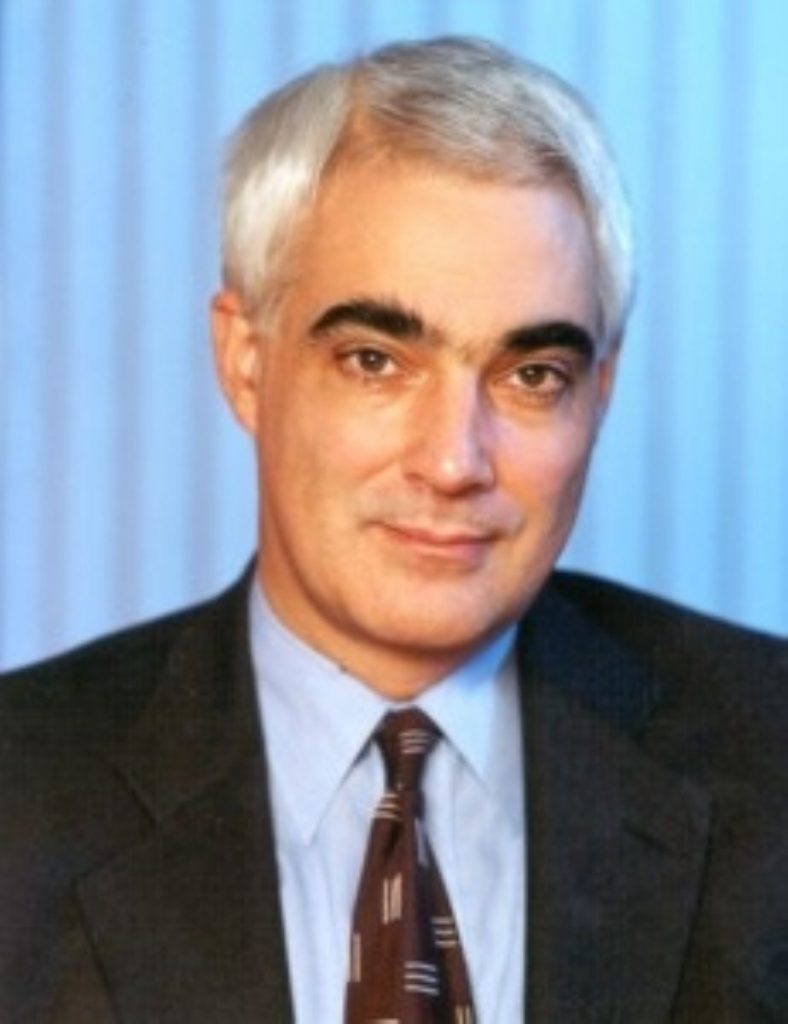Voting enquiry chair unveiled
Professor Sir John Arbuthnott has been appointed as the chair of the new Commission on Boundary Differences and Voting Systems.
The commission has been set up to examine the consequences of having four different voting systems in Scotland and different election boundaries for the Scottish Parliament and Westminster constituencies.
Members of the Scottish Parliament are elected both by direct vote and a list system which utilises a degree of proportional representation.
From 2007 local government elections in Scotland are also likely to combine the two methods.


A consequence of the forthcoming change in the electoral boundaries for Westminster is that representatives for Holyrood will be elected under different constituency boundaries.
The new commission will examine the consequences of the system with particular regard to the impact on voter participation, the representation of constituents and the relationship between public bodies and politicians.
The appointment was announced by Scottish Secretary Alistair Darling, who said: “Sir John will bring a wealth of experience from his past leadership challenges which have brought together people from different fields to achieve results.
“His enthusiastic approach will provide a sound basis for guiding the commission members through the task of consulting with people across Scotland and engaging in an open debate.”
Professor Sir John Arbuthnott is currently chairman of the Greater Glasgow NHS board and has previously been involved in drawing up allocation formulas for the Scottish NHS.
Outlining his intentions for the consultation process Professor Sir John Arbuthnott said: “The opportunity to influence the future shape of Scotland’s electoral system is an exciting challenge and one which I look forward to tackling.
“I hope to bring a fresh and independent view to the task and will seek to achieve the greatest level of consensus across Scotland. The Commission will seek the views of those from all walks of life and political backgrounds.”
The chairmanship is unpaid and expected to last around 18 months.
The other members of the commission will be announced shortly following consultation with the political parties in Westminster and Holyrood.












